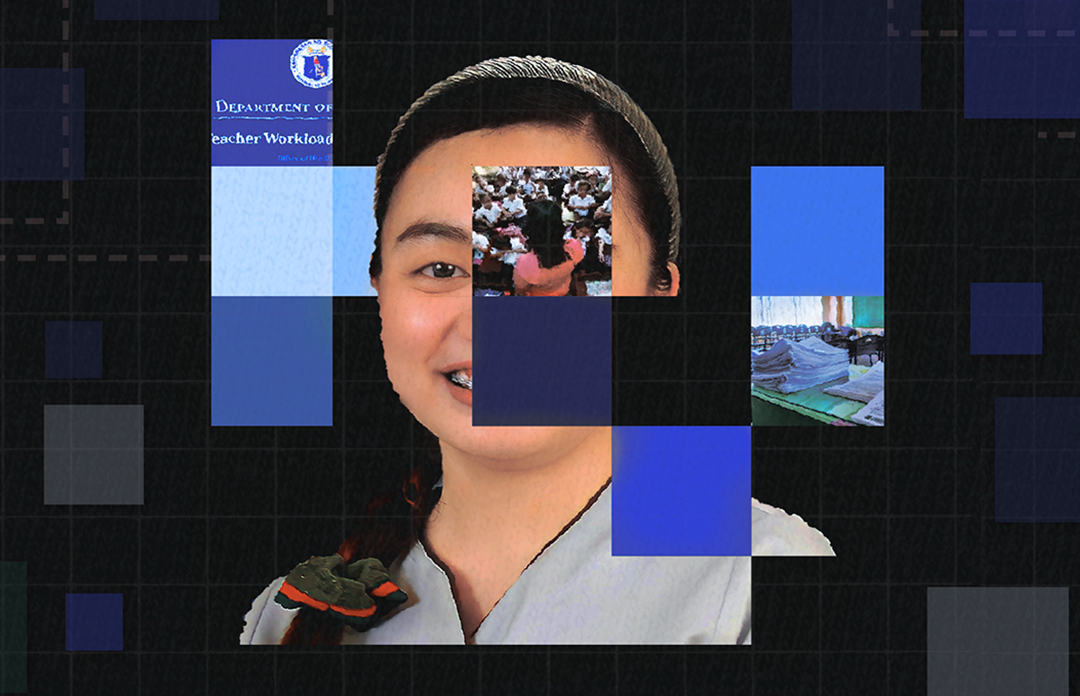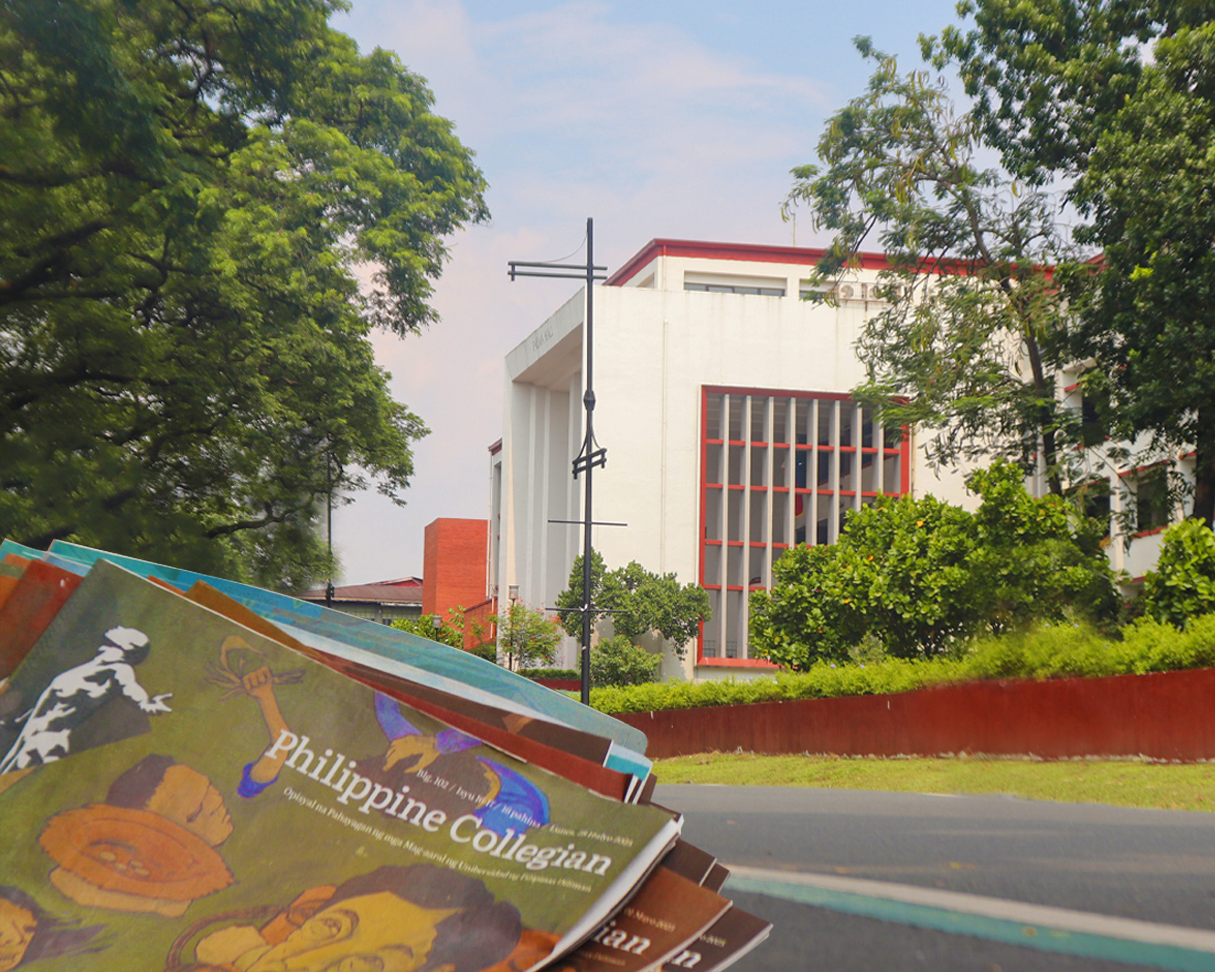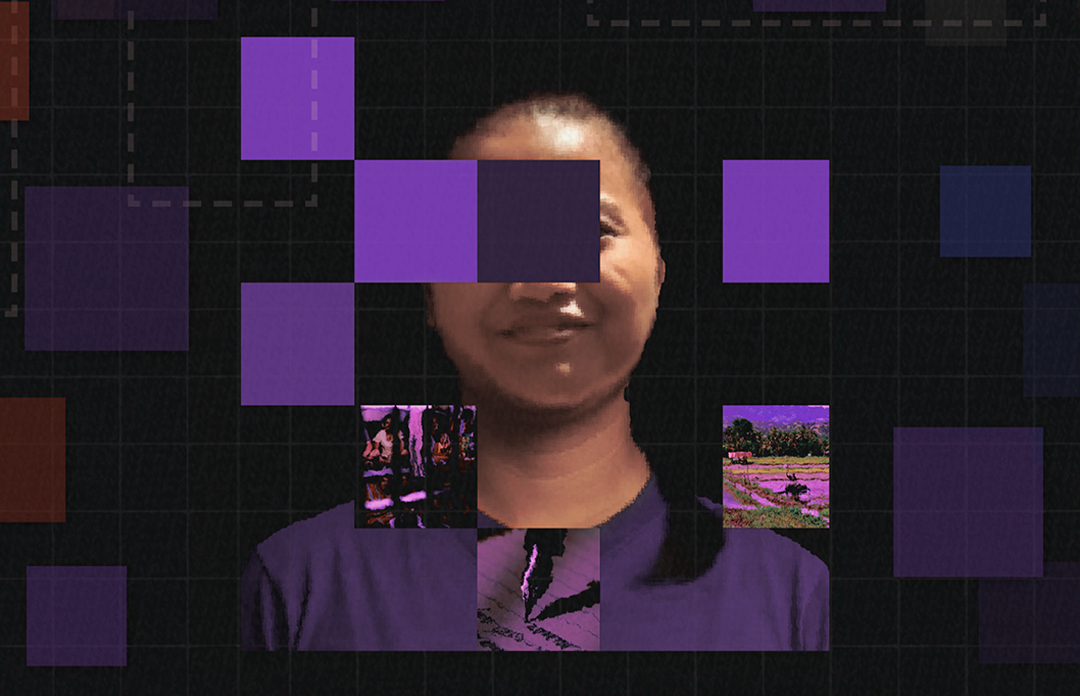Before the previous academic year ended, a decision had already been made: Five faculty members from the Department of Speech Communication and Theatre Arts would not return the following year. Among them are Maria Stella Rossa Lopez and Maria Teresa Jamias, who are contesting the decision and fighting for due process.
Lopez’s performance as artistic director and Jamias’s as managing director of Dulaang UP, or DUP, the DSCTA’s production arm, were among the metrics cited as grounds for their removal. However, their experiences suggest a broader systemic issue that goes beyond the official reasons for their non-renewal.
Threats to Tenure
Jamias began teaching in the department in August 2023 and became DUP’s managing director the following year. Lopez, on the other hand, joined the faculty as an assistant professor in 2020 and was appointed as DUP’s artistic director in 2022.
For Lopez and Jamias, the news of their non-renewal was upsetting but not entirely unexpected. Tensions had been simmering since January, months before the formal May 19 meeting where DSTCA Chairperson Oscar Serquiña Jr. informed them of the decision not to renew their appointments as faculty members. At the start of the year, both directors had started preparing to step down, and the department began holding meetings to elect a new artistic director for DUP.
When asked to comment on the basis of the non-renewals, Serquiña said that such information is kept confidential following department and university policy. “Rest assured that due process was observed, with the involvement of different official bodies in the decision-making,” he told the Collegian through email. This, however, was not the case for Lopez and Jamias.
During DUP’s meetings, Serquiña reportedly attempted to bypass the election by pushing for the appointment of a junior faculty member through consensus. This was not well received by the DUP council, which asserted its right to vote in the election. Lopez and Jamias also said they were threatened by the chairperson, citing that their decision to step down as directors would be used against them when filing for tenure.
“[What he said] sent a chilling effect. To me, I was like, ‘Did I hear that correctly? Did he threaten us in front of everybody else?’ Because coming into my third year, mag-apply na dapat ako ng tenure ko,” said Jamias.
Another flashpoint occurred during the DUP’s production of “Mga Anak ng Unos.” Issues between professors and practicum students were initially addressed in meetings to air concerns and negotiate solutions. At the end of the production’s season, Serquiña and two other faculty members allegedly held a secret meeting with students, framing it as a forum to improve departmental processes. Students were reportedly unaware that their statements would later be used against Lopez and Jamias.
In a letter of support drafted by the students present at the meeting, they expressed feeling betrayed, emphasizing that the issues raised were intended to initiate a constructive dialogue aimed at improving systems within DUP, not to penalize professors. Both professors claim that despite requesting a formal document containing proof of student complaints, they were never provided one.
Following an official three-way dialogue on July 29, both students and professors felt that their concerns were not properly addressed. For them, the events surrounding their non-renewal exposed not only how concerns are mishandled but also serious lapses in due process and in the integrity of faculty evaluations.
No Checks and Balances
As a member of the Department Academic Personnel Committee, Lopez had already noticed troubling patterns. Assessment reports from the Faculty Development and Guidance Committee often leaned toward fault-finding and, at times, misinterpreted statements that professors had made during interviews. She was dismayed by how decisions on someone’s career were made without proper checks and balances.
Jamias also pointed out the lack of protection for junior faculty. Unlike tenured positions, they risk jeopardizing their contract renewals if they refuse or fail to perform well in extra roles often assigned to them due to a shortage of available or willing senior faculty.
Compounding the lack of transparency and protection were lapses in departmental rules. According to the university’s faculty manual, tenure-track professors who show potential for improvement should be allowed to create a one-year improvement plan to be discussed with the department’s chair and the Academic Personnel Committee. None of the non-renewed professors reportedly received this opportunity.
Among those who were not given the opportunity is Bautista—not her real name. The notice had been delivered to her as early as December 2024. The department pointed out that she was underperforming based on SET scores that she had not yet seen. Bautista recalls the great mental distress that the news of non-renewal caused her, which discouraged her from even appealing her case.
Although the professors admit lapses in their performances, there was little acknowledgment from the department of the systemic problems that contributed to those difficulties.
With production concerns, professors emphasized that the root causes of these issues were the absence of comprehensive operational guidelines, overloaded schedules and units that led to burnout for both students and faculty, and the absence of a dedicated committee focused on the safety and welfare of members doing production work, among others.
Lopez believes that what is most important to focus on is not the fault of individual professors and students, but the need to work collaboratively to improve systems within the department.
Beyond Appeals
Both professors are still appealing to the vice chancellor for academic affairs to review the college’s decision. The office has yet to respond to the Collegian’s request for updates on the appeal.
Upon learning of the non-renewal of Lopez and Jamias, around 200 students gave their support by petitioning for the reinstatement of the professors, underscoring the need for a three-way dialogue to clarify the grounds behind the non-renewal.
Several theater artists who worked under Lopez and Jamias’ leadership in DUP, as well as UP College of Fine Arts Dean Toym Imao, have also written letters of support for both professors.
For Lopez, Jamias, and the students who have stood beside them, the fight has become more than just reinstatement, but about advocating for transparency, fairness, and collaboration that should define an academic community. Both professors hope their fight sparks systemic change, bringing transparency to faculty assessments and better working conditions for students and educators pursuing their crafts. ●
First published in the Aug. 13, 2025, print edition of the Collegian. This article has since been updated from its print version to correct some details.






